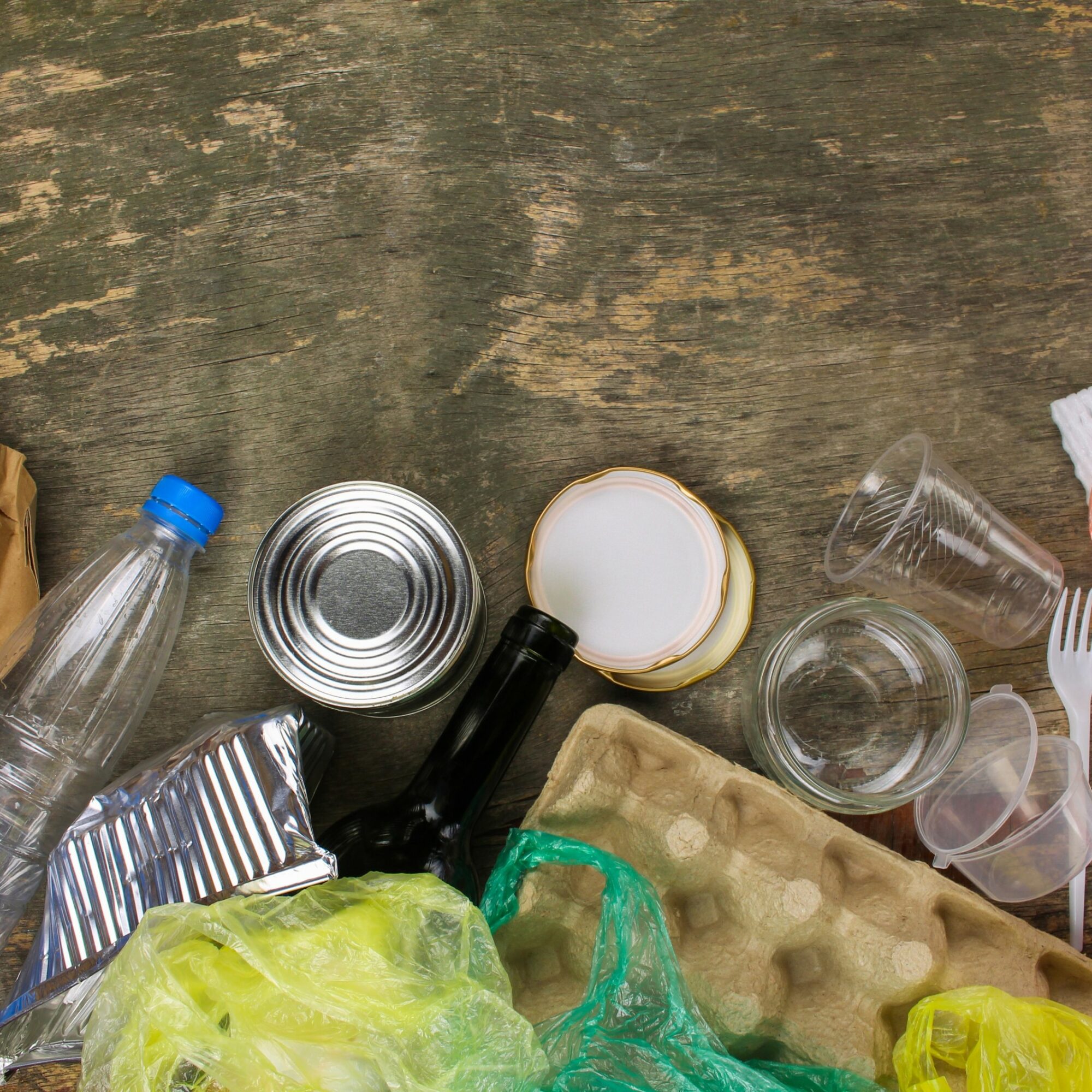
CSR consulting

For more than 30 years, our team has been supporting industrial everyday leaders, innovative SMEs and start-ups, as well as institutions, in their CSR-related innovation and development projects.
They trust us

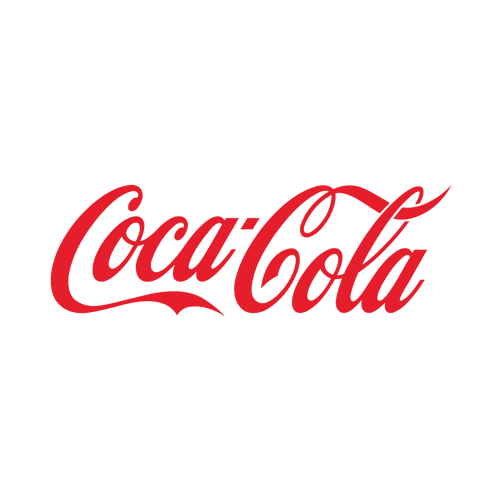
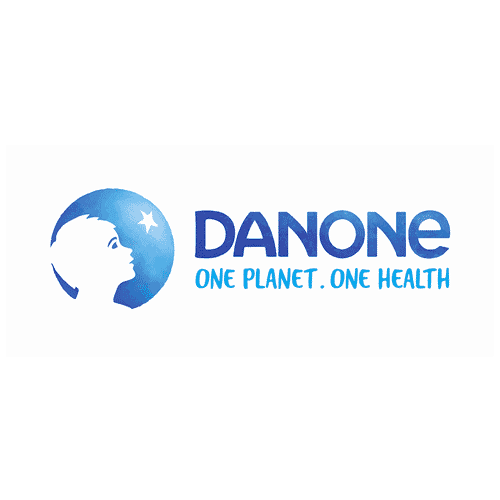

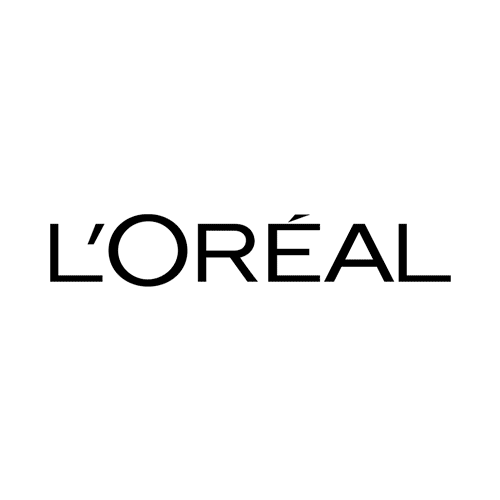
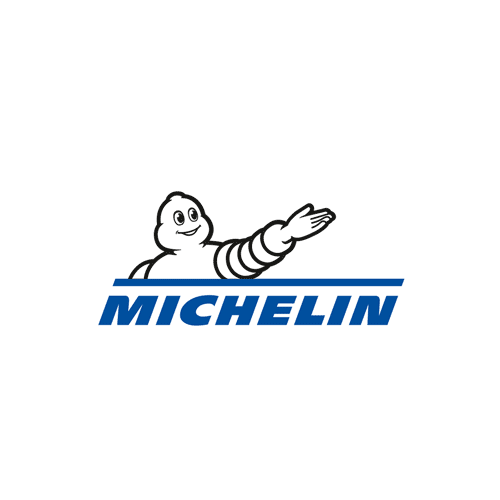
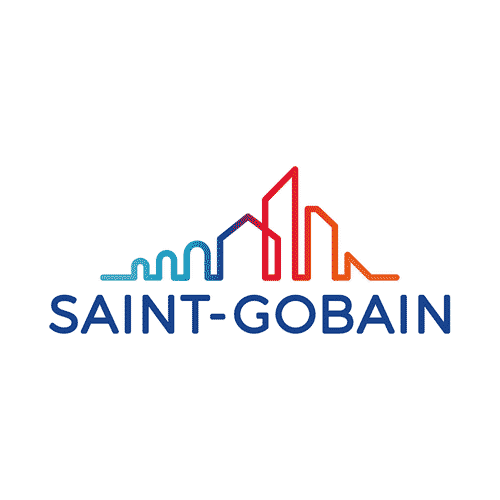

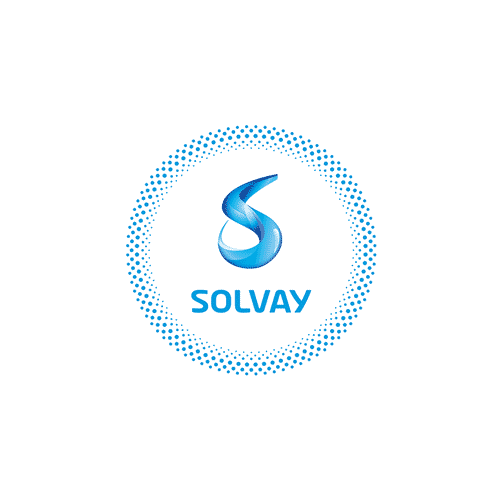
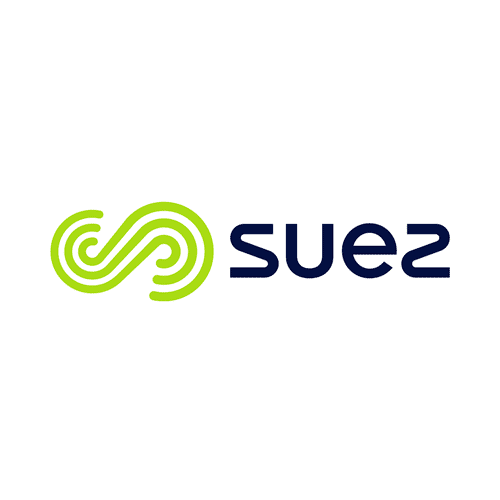
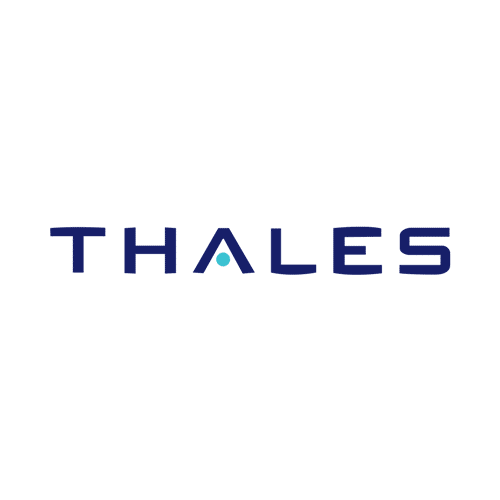
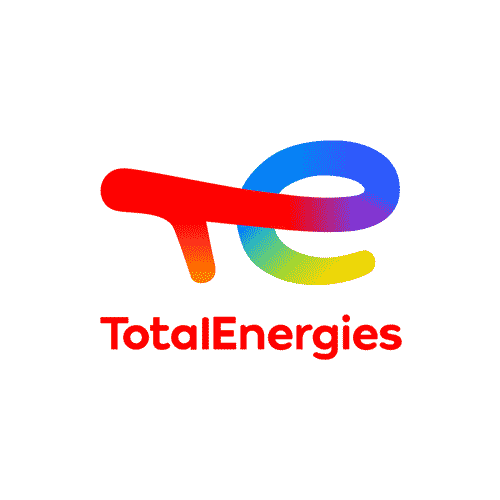
How we support our clients in their CSR projects
Founded in 1993, Alcimed is a consulting firm specialized in innovation and new business. Spread over our 8 offices in the world (in France, Europe, Singapore and the USA), our team of 220 high-level explorers supports everyday corporate management and operational decision-makers (heads of marketing, R&D, innovation, strategy, CSR, industrial operations, etc.) in their innovation and new business projects.
Our CSR-related projects cover subjects as diverse as defining CSR strategies, implementing circular economy approaches, building materiality matrices, defining eco-designed user pathways, researching alternative raw materials, biomaterials, waste valorization, recyclability, green industrialization, developing sustainable packaging, and many more!
The diversity of our clients (manufacturers, ETIs, innovative start-ups, institutions, etc.), the subjects we deal with, and the geographical areas we explore, enable us to master a wide range of missions and develop recognized expertise in our specialized sectors.
Our missions
Our expertise
Our missions
Strategic marketing
Clients & Patients
R&D
Commercial strategy
Innovation
New partners
Our expertise
Healthcare
Environment & Climate
Beauty & Nutrition
Energy & mobility
Sovereignty
What they say


"The results of the study were used to better understand the overall environmental impact of the solution developed by the teams, and this gave us the keys to making strategic choices in the future"
Philippe Nappey
System Architect & Innovation Project Leader
Examples of projects carried out for our clients in the field of CSR
Supporting a player in the defense sector in its strategic reflections on decarbonization
Our client wanted an overview of future low-carbon and decarbonized renewable energies that would meet military operational requirements, in order to better orient its future studies.
To do this, we conducted a 3-step investigation: first, we defined the army’s playgrounds and segmented the related uses, then our team identified and segmented the relevant low-carbon and decarbonized energy types, before characterizing and selecting the most relevant technologies for our client.
Finally, 40 energy bricks were analyzed to create an overview report of the army’s future renewable energies, thanks to which our client was able to build its strategy.
Assessing the opportunity to switch from a bottled product to a bulk product and its impact on the business model for a cosmetics company
We supported a cosmetics player who wanted to reduce its environmental impact by transforming one of its products currently sold in pharmacies in a bottle to a bulk product in a container. As a first step, we verified that a bulk formula could make sense for their markets and customers.
We then sought to understand how it would affect pharmacists. For example, who would be responsible for asepsis? How would the storage be managed? What would be the impact on the point of sale? Lastly, we defined a new business model more adapted to this new offer and mapped out the new stakeholders to consider.
What was the result for our client? A clear vision of the changes brought about in the market by its new offer, as well as a roadmap to best accommodate the changes.
Definition of a materiality matrix for an energy player
ESG questions are becoming a crucial issue, notably for our client, who needed to adapt to new demands from banks, rating agencies, stakeholders and the grand public, in terms of environmental, social, and ethical approaches.
Our client had put in place local action plans, but they were not fully coordinated, and the communication around these plans was isolated.
The client wished to identify amongst the actions put in place which were the most impactful, and challenge them with an external point of view in order to build their strategic vision and their communication around the management of their ESG issues in the general sense. We supported this organization by:- Mapping out the actions put in place by conducting interviews with the people in charge of these actions
- Identifying and selecting key criteria for stakeholders by benchmarking the strategies claimed by key players in the sector
- Building their sustainability strategy together with them, by putting in place a materiality matrix and prioritizing the key challenges
- Working on the strategy and plans of action associated based on the existing plans
Our assessment allowed the client to define a CSR strategy in line with the expectations of the market and their ecosystem, as well as clear areas of communication.
Challenging the credibility, ambition, and exhaustiveness of the CSR strategy of a leader in the phytosanitary and seed field
Alcimed supported a leader in the phytosanitary and seed field who had recently defined its CSR commitments and selected the UN Sustainable Development Goals (SDGs) on which it wanted to focus. Our client wanted a critical review of its strategy by players in its ecosystem before moving on to the implementation stage. We examined the commitments and SDGs chosen with KOLs and CSR leaders in the agricultural value chain, focusing on 3 questions:
- Was our client perceived as credible and competent to work on the selected UN SDGs?
- Were the commitments sufficiently ambitious and clearly defined, and were the associated KPIs adapted?
- What were the gaps our client needed to fill?
Following this assessment, we were able to help our client to finalize their selection of UN SDGs and enter the implementation phase with a solid foundation.
Developing a CSR pitch to support the response to public calls for tender in healthcare
We supported a pharmaceutical player who was seeking to strengthen its application for public contracts by reinforcing its differentiation arguments based not only on its products and services but also on its CSR policy.
To do this, we identified the expectations of the authorities in the respective countries in terms of corporate social responsibility and deciphered the weight of CSR criteria when choosing awardees. By coupling this vision of demand with an analysis of the CSR policies of our client’s competitors, we developed a pitch and a toolbox for each of the countries within the scope of the call and proposed some avenues to improve our client’s CSR performance!
Support for an industrial leader in food and beverages in the identification of innovative solutions for reducing the weight of its packaging in a sustainable packaging approach
We supported one of our clients, an industrial leader in the food and beverage sector, in achieving a state of the art on packaging solutions and innovations related to weight reduction, meeting the objectives of conservation, storage of products, and reduction of the environmental footprint.
We first identified the key trends in the field of packaging weight reduction (solutions around materials, production processes and design methods). We then identified 30 solutions and characterized the 10 most relevant innovations in relation to our client’s context, by creating an interactive database and a specific identity card for each solution retained.
Our analysis enabled our client to identify several potential solutions to achieve their packaging goals.
Identification and characterization of the impacts of eco-design on the ecosystem of a health player
We supported a leading pharmaceutical player in a project aiming to study the impact of eco-designing their medications on their ecosystem (doctors, hospitals, pharmacists, patient associations, payers, regulators, etc).
Through an in-depth external investigation, our team measured the impact of ecological design levers on the entire life cycle of our client’s products, and provided a set of recommendations on priority actions to be integrated in the short, medium, and long term, with the aim of transforming our client’s development strategy into a green design approach.
Constructing a CSR management tool in R&D and implementing its governance for an agrifood manufacturer
We helped one of our clients, a leading agrifood manufacturer, to develop a decision-making tool for R&D, so that all CSR dimensions could be integrated from the very first stages of the concept, including product design, materials, purchases, the ethics of its positioning, etc.
We first worked on the pillars of corporate social responsibility in order to define each criterion and the KPIs to be considered when making product development decisions. We then defined how and by whom this tool would be used in order to open up decision-making. This tool is now used in each of their R&D programs and guides their innovation decisions.
Development of a methodology and tool to assess the environmental impact of R&D projects for a pharmaceutical laboratory
Alcimed helped a leader in the pharmaceutical industry strengthen its CSR strategy by developing a methodology and a tool to assess the environmental impact of its R&D projects in order to reduce its carbon footprint.
To achieve this, our team began by defining the needs of the customer and its teams, based on internal documents concerning its CSR strategy. Following this, we developed an assessment tool for R&D project managers, built around a “step-by-step” approach to evaluate the environmental impact of each stage of the process and the overall impact of the project. In addition, our team produced a user’s guide for the tool, to support future users in their approach and in their questioning.
These tools have enabled our customer to document the environmental impact of its various R&D projects, and to commit its teams to an eco-design approach in line with the company’s CSR strategy. From now on, they will enable development approaches to be harmonized between teams in different geographical regions, whatever the complexity of the projects!
You have a project?
To go further
Healthcare
How to reduce the environmental impact of pharmaceuticals downstream of the value chain
Find out what actions to take to reduce the environmental impact of the distribution and life cycle of pharmaceutical products.
Cross-sector
Sustainable packaging design and recyclability: major challenges for food manufacturers
The food industry must innovate and think about sustainable packaging design in the face of regulatory changes on their recyclability and the environmental display of food products.
Energy - Environment - Mobility
Wind propulsion: maritime transport is reshaping to adapt to the climate crisis
The climate crisis talks the maritime industry into reinventing itself. What are the issues involved in the diffusion of wind propulsion?
Founded in 1993, Alcimed is an innovation and new business consulting firm, specializing in innovation driven sectors: life sciences (healthcare, biotech, agrifood), energy, environment, mobility, chemicals, materials, cosmetics, aeronautics, space and defence.
Our purpose? Helping both private and public decision-makers explore and develop their uncharted territories: new technologies, new offers, new geographies, possible futures, and new ways to innovate.
Located across eight offices around the world (France, Europe, Singapore and the United States), our team is made up of 220 highly-qualified, multicultural and passionate explorers, with a blended science/technology and business culture.
Our dream? To build a team of 1,000 explorers, to design tomorrow’s world hand in hand with our clients.
Alcimed carries out consulting missions in a variety of fields and on topics as diverse as the uncharted territories of our clients! Our projects and the methodological approaches we develop are based on the specific needs and contexts of our clients. We for example support our clients in defining their R&D or innovation strategy, in studying their target markets, in identifying and exploring new opportunities, in investigating innovative technologies, in defining their sales and marketing strategies, in integrating CSR or data science into their practices, or in imagining the future of their activities.
We have chosen to operate without using pre-established methodologies. Our consultants always start from the context and from the specific questions of our clients and think about the best way to provide clear answers. Let’s forget methodological approaches of copy-pasting.
We’re not consultants, we’re explorers! Working with a consulting firm like Alcimed means living a different experience, with a team that always favors face-to-face meetings, goes beyond classic deliverables in favor of innovative ones (videos, data visualization tools, websites, collaborative platforms, …), that favors interactive animations in projects (escape games, quizzes, board games, role-playing games, video games, …), and that loves to make clients discover unusual places!
CSR, also known as corporate social responsibility, is defined by the European Commission as the voluntary integration by companies of social and environmental concerns into their business activities and their relationships with stakeholders. At the global level, standard ISO 26000 defines the scope of CSR and specifies the 7 essential dimensions: organizational governance, human rights, labor relations and conditions, the environment, fair practices, consumer issues, and communities and local development.
More simply, we can say that CSR defines the contribution of companies to the challenges of sustainable development.
Through its CSR policy, a company will therefore seek to have a positive social and environmental impact while being economically viable.
Corporate Social Responsibility is based on three pillars:
- The economic pillar: the company creates shared value and improves material living conditions, for example by favoring local and/or responsible suppliers;
- The environmental pillar: the company makes efforts to reduce its environmental impact, for example by decarbonising its activities, eco-design, reducing waste or implementing a circular economy approach;
- The social pillar: the company is committed to respecting human rights, the principles of non-discrimination, gender equality and equal opportunities, and ethical behavior. It seeks to meet the needs of its employees in terms of Quality of Life at Work (QWL).



